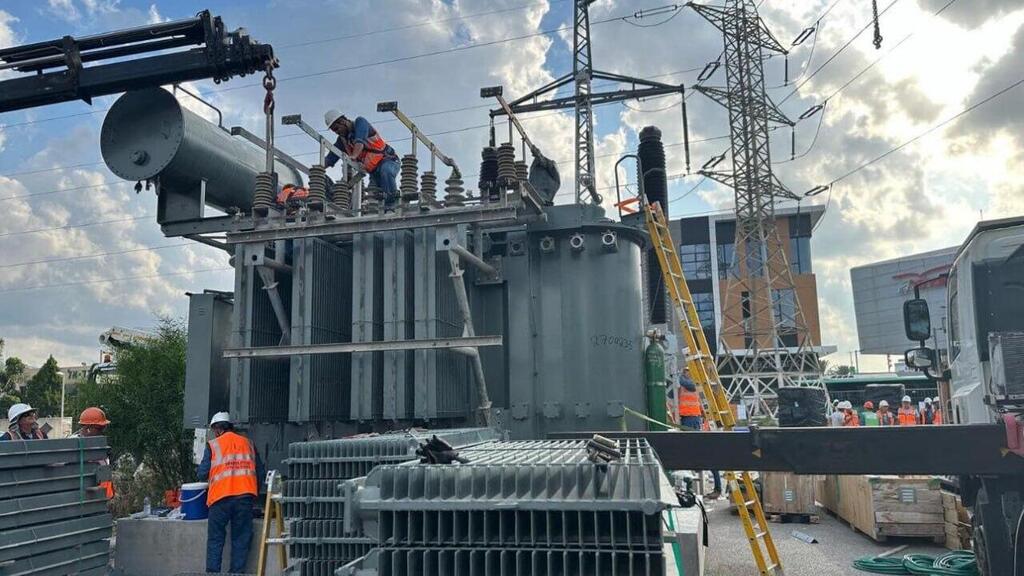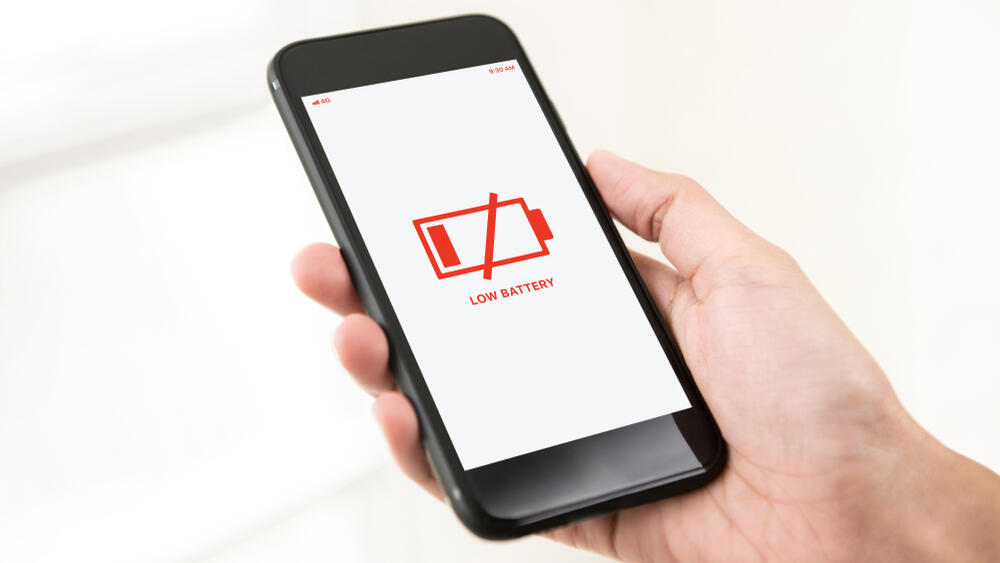Getting your Trinity Audio player ready...
Israeli officials raised concerns over significant disruptions to critical infrastructure after government ministers received satellite phones last week to maintain “operational continuity” in case Israel’s electricity and phoneline infrastructures are damaged after a potential Iranian retaliation and regional war.
Many Israeli citizens may find themselves disconnected from cellular communication through which the IDF’s Home Front Command provides the public with updated guidelines and situational assessments.
Israel has over 8,000 endpoint sites used by its cellular network, and their redundancy for operation without electricity is set to last for about two hours. Therefore should Israel’s electricity grid fail, backup batteries installed at those sites would not be able to operate beyond that time, and all cellular services in the area may shut down.
Scenarios in which missiles and drones target vital sites used by Israel’s power grid such as power stations and substations, leading to blackouts lasting hours or even days, have been known by the government for a long time. However, work began to improve the energy redundancy of about 340 cellular endpoints from Haifa and northward, which only began in May 2023.
Since then, the three Israeli cellular companies have been racing against time to enhance the redundancy at their northern sites. The Communications Ministry has set the end of July as the deadline for completing the work, so these sites can continue to operate without electricity for 12 hours and ensure the availability of the cellular network, though works are still hitting snags.
Maintaining the electricity grid’s resilience in crisis is considered one of Israel's critical challenges in a high-intensity combat scenario with Hezbollah, Iran, and other terrorist organizations.
The electricity sector could be affected by threats made years ago by Hezbollah Secretary-General Hassan Nasrallah, who said that his terror organization would attempt to strike natural gas rigs in the Mediterranean Sea in wartime.
Approximately 70% of the natural gas used for electricity production in Israel is supplied from the Tamar, Karish and Leviathan gas rigs. At the outset of war, these rigs are set to cease operations to improve their defensive capabilities. In such a case, Israel’s electricity production will be based on alternative fuels.
The issue of the electricity sector's readiness for war has been repeatedly raised over recent months, with its officials delivering conflicting messages regarding its infrastructure’s resilience in war scenarios. Last June, Shaul Goldstein, CEO of Noga – the National Electrical System Management Company warned that Israel’s power grid is vulnerable and its weak points are exposed to Hezbollah attacks.




